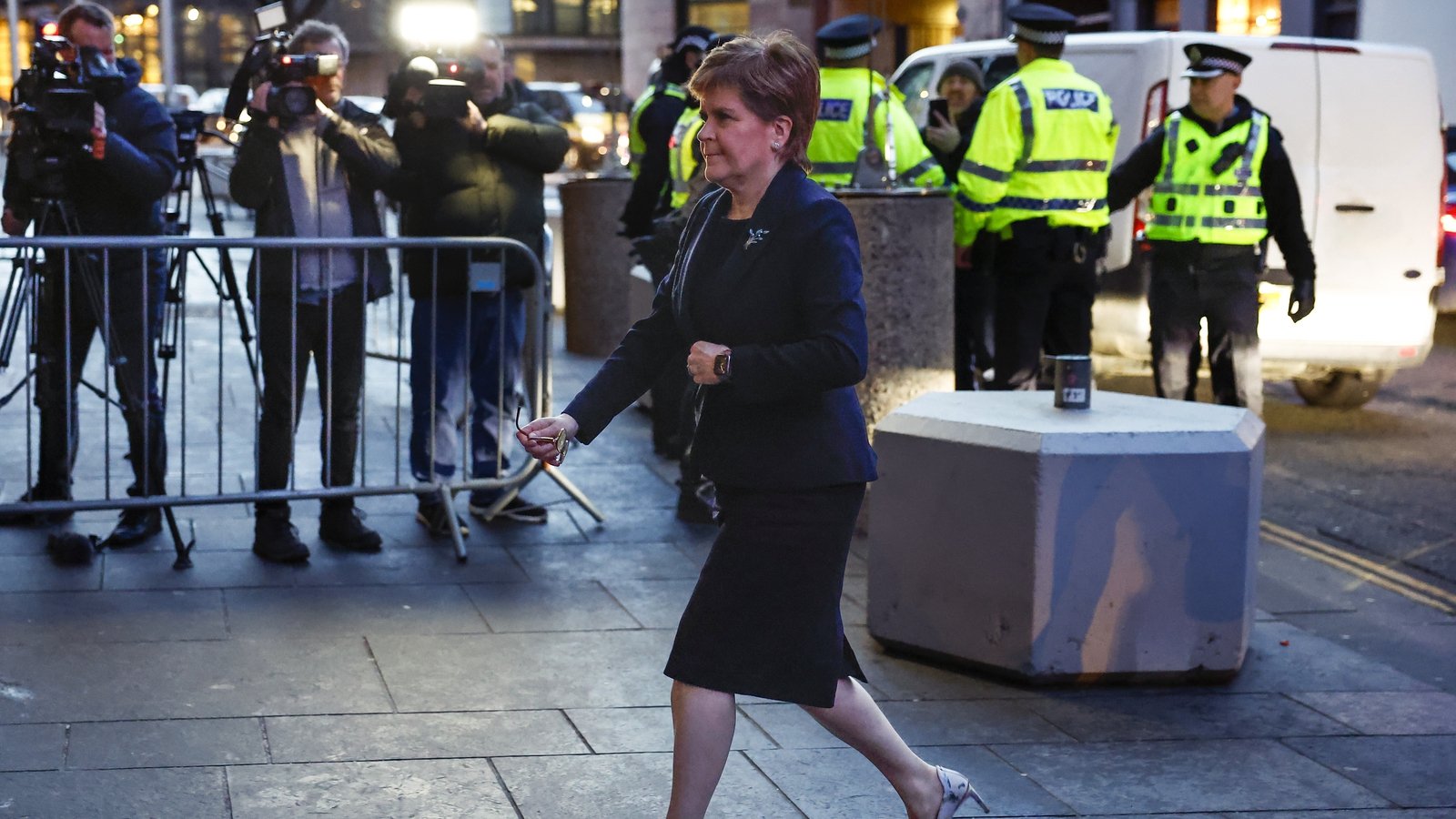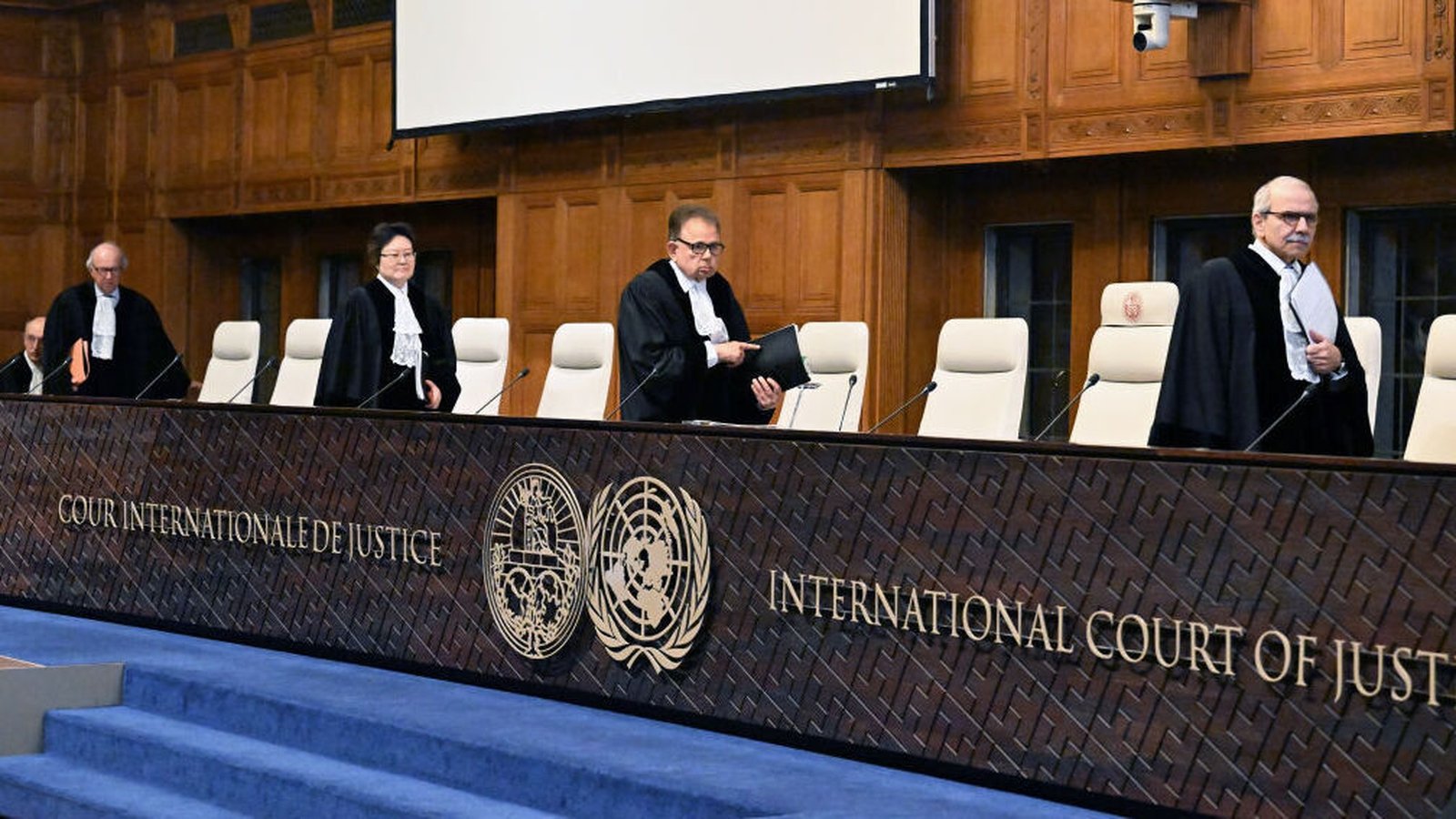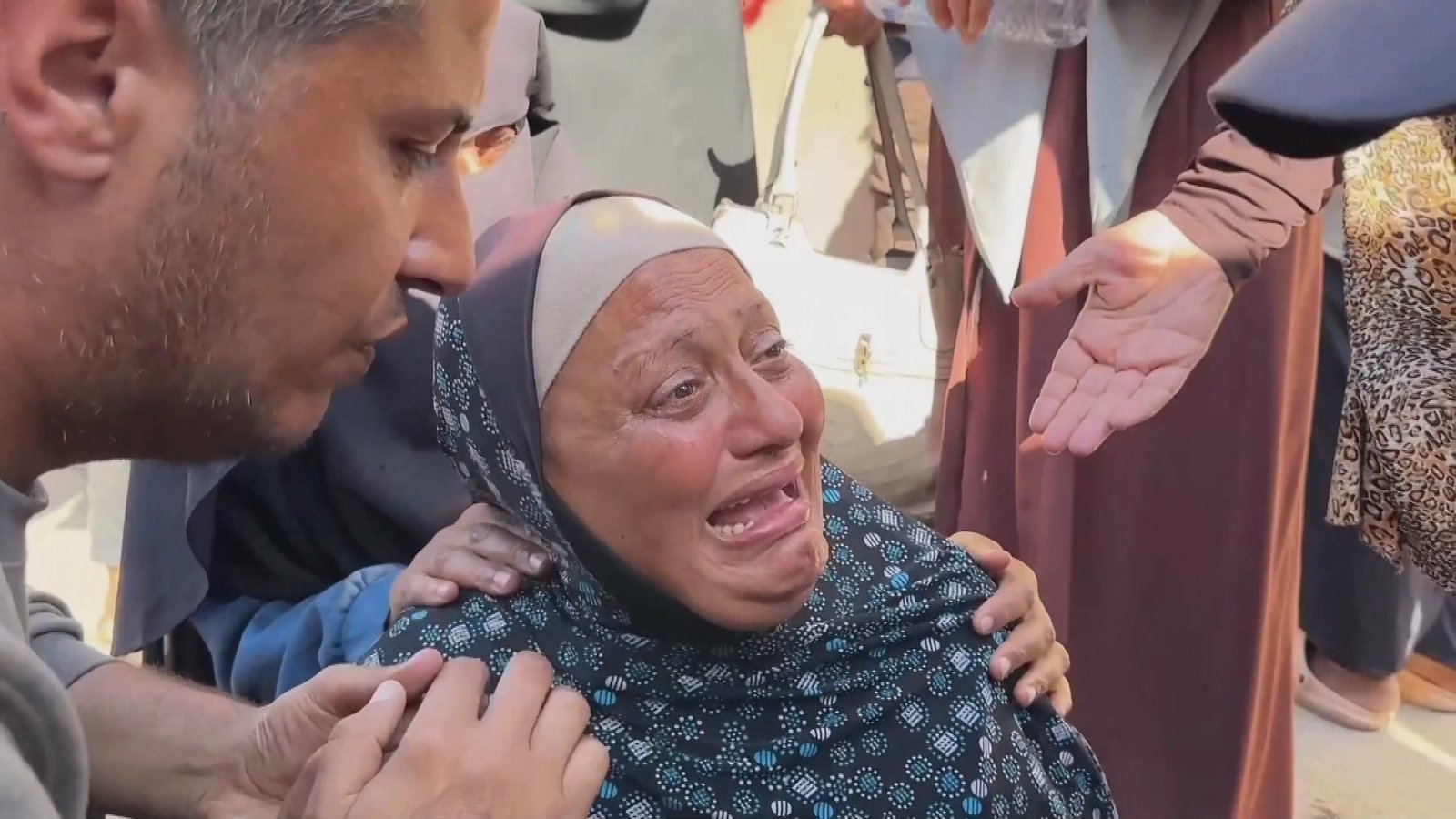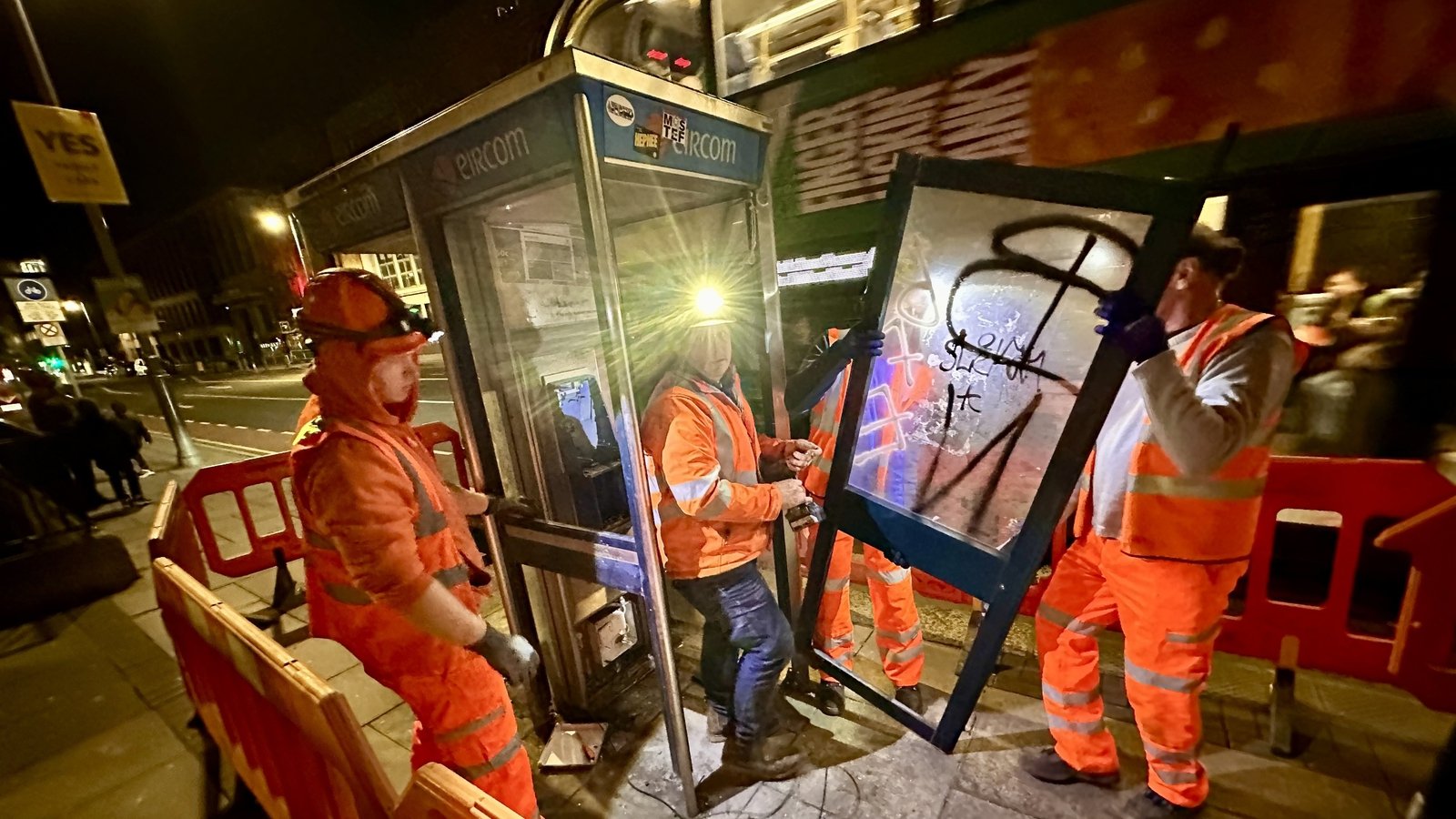Medical Council has no ‘position’ on assisted dying
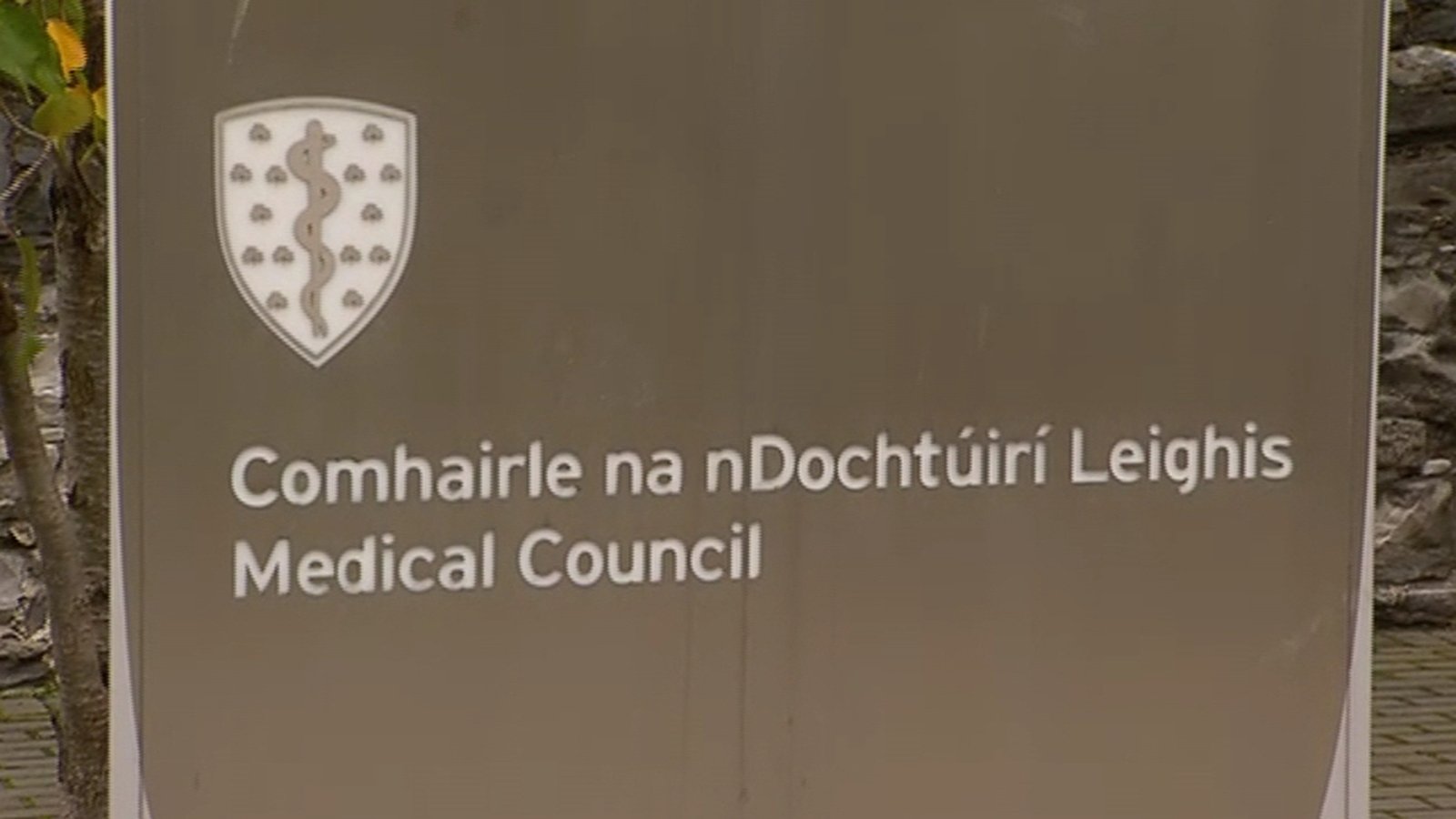
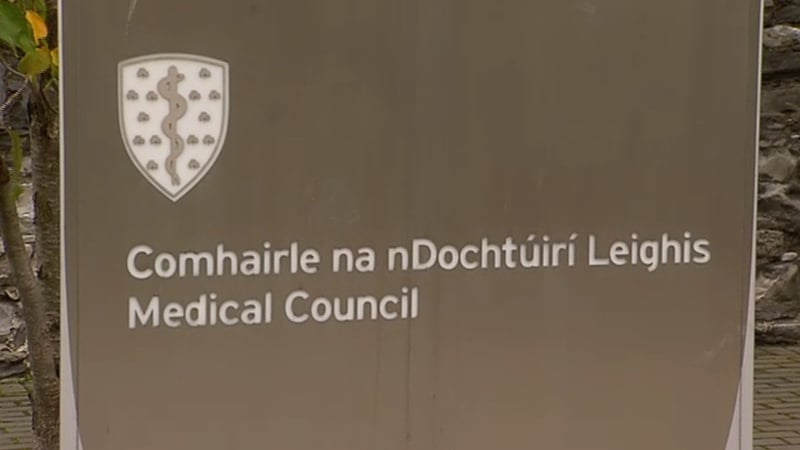
The Medical Council has defended the removal of an instruction not to deliberately kill a patient from its latest guide.
Its president, Dr Suzanne Crowe, confirmed to the Joint Committee on Assisted Dying that a sentence stating: “You must not take part in the deliberate killing of a patient” had been removed from the latest edition of its Guide to Professional Conduct and Ethics.
“This removal has been misinterpreted by some,” she said, adding that it “was not the Medical Council taking a stance or paving the way for any possible future change”.
“The removal of this sentence does not diminish the law,” she said, adding that the council “does not have a position” on assisted dying.
The guide is “not a legal code. It’s principles-based guidance,” she told Independent Senator Rónán Mullen, who had asked why such a substantial and long-standing section had been removed, something which could be seen as “convenient” by those advocating for Voluntary Assisted Dying (VAD).
“There was no specific consultation in relation to this issue,” she conceded, noting that the council’s ethics committee had proposed the removal, which the council then ratified.
The Committee on Assisted Dying also heard from doctors with the group, Voluntary Assisted Dying Australia and New Zealand.
Dr Cameron McLaren said that providing VAD is “fulfilling and rewarding” for doctors and “empowering and comforting” for patients.
VAD is not “an alternative to palliative care”, he said, but rather “an option at the end of a palliative care journey”.
It has led to “positive change” in both Australia and New Zealand, Dr McLaren told the committee.
But he added that, if VAD is “introduced in Ireland, I encourage you to anticipate the need for evolution, insisting that he is not “advocating for a ‘slippery slope'”.
“The slope does not need to be slippery; simply patient-centred and allowed to evolve as all patient care does over time.”
In New Zealand, “otherwise-eligible people have been excluded from eligibility on mere formalities”, he said, which has “led to issues with access that cannot be resolved without legislative reform”.
Dr McLaren urged that Ireland “be clear on eligibility criteria” and “establish and enable avenues of appeal or discretion”.
Dr Laura Chapman, who has been practicing in New Zealand for 25 years, “was deeply concerned that I would feel like a bad doctor after the first patient I helped to die”.
“To my surprise, I felt like a good doctor, as I had worked with my patient to achieve the death he desired, peaceful and at home, surrounded by his family,” she told the committee.
She acknowledged that “it is very challenging” to reconcile VAD with the Hippocratic Oath which binds doctors to do no harm.
But “doing no harm” can mean enabling a suffering patient’s death, Dr Chapman added, and shared comments made by a family she had worked with.
“We went through some harrowing experiences with Dad’s attempts to take his own life, and pleading for one of us to suffocate him. He desperately wanted to end his suffering,” she quoted them as saying.
“Dad was able to breathe a huge sigh of relief, and enjoy life as much as he could, looking forward to the day of his passing.”
She also said that conscientious objection is not a binary choice but rather “a spectrum of involvement”, adding that any legislation must take account of this.

